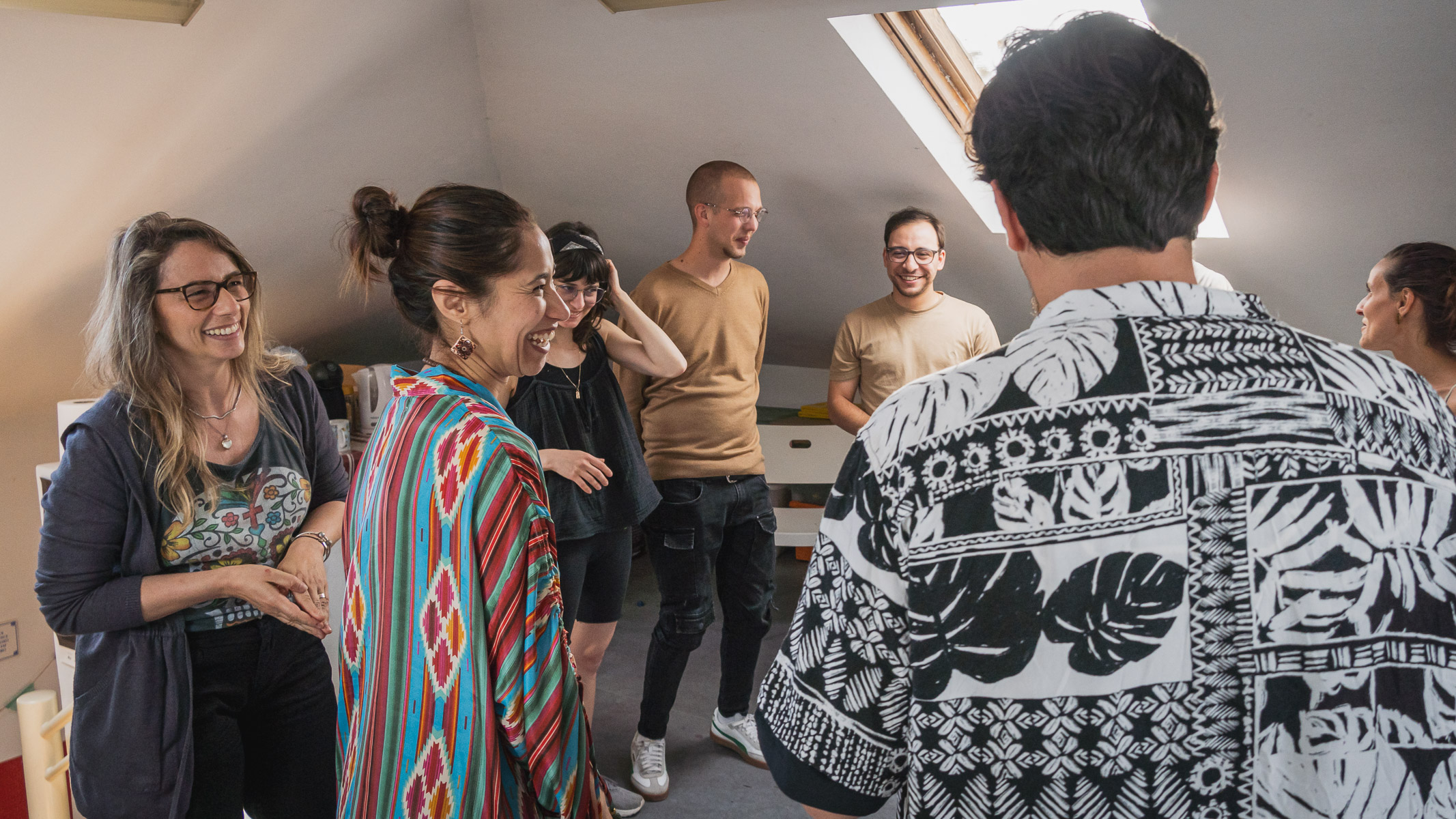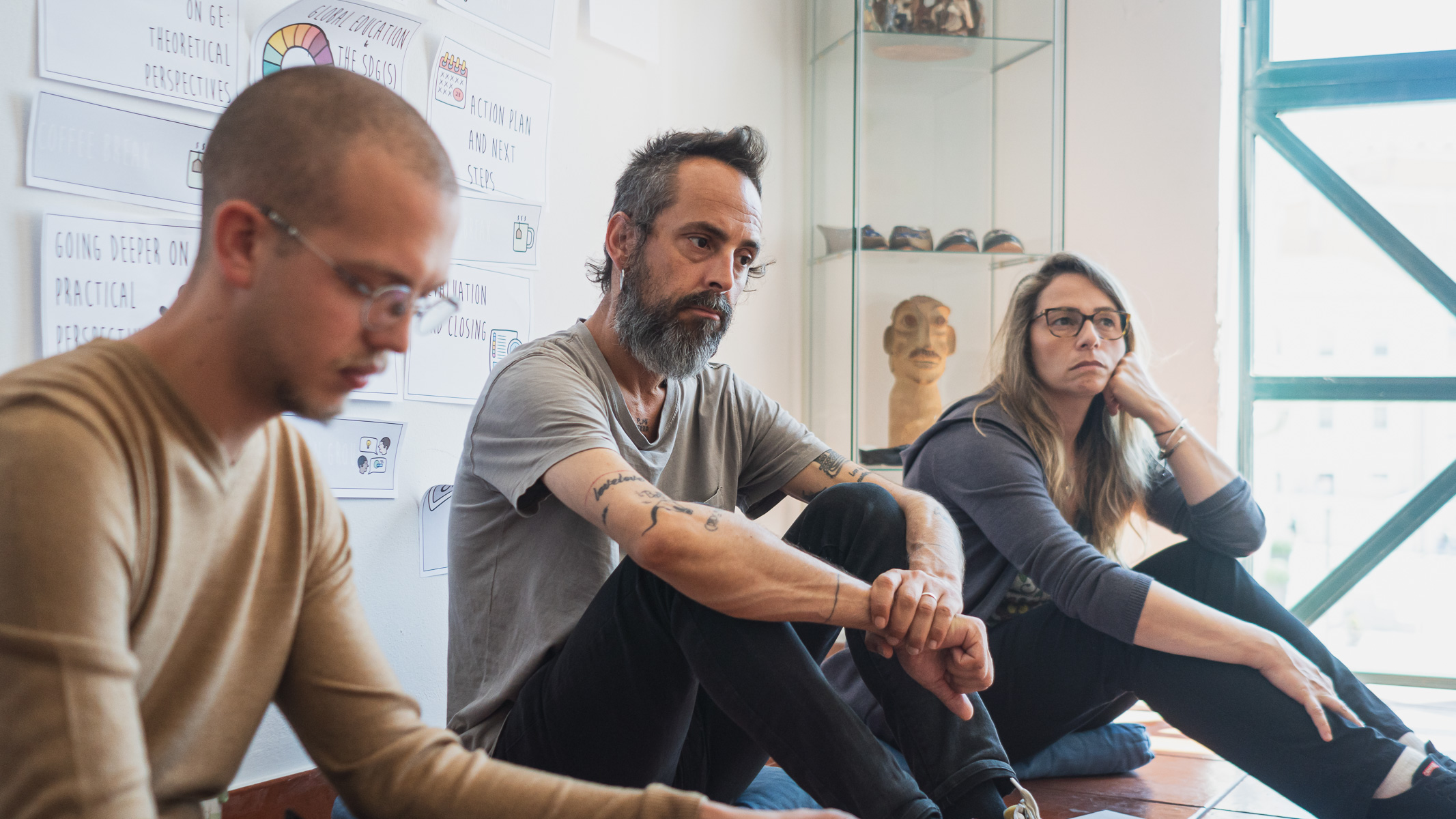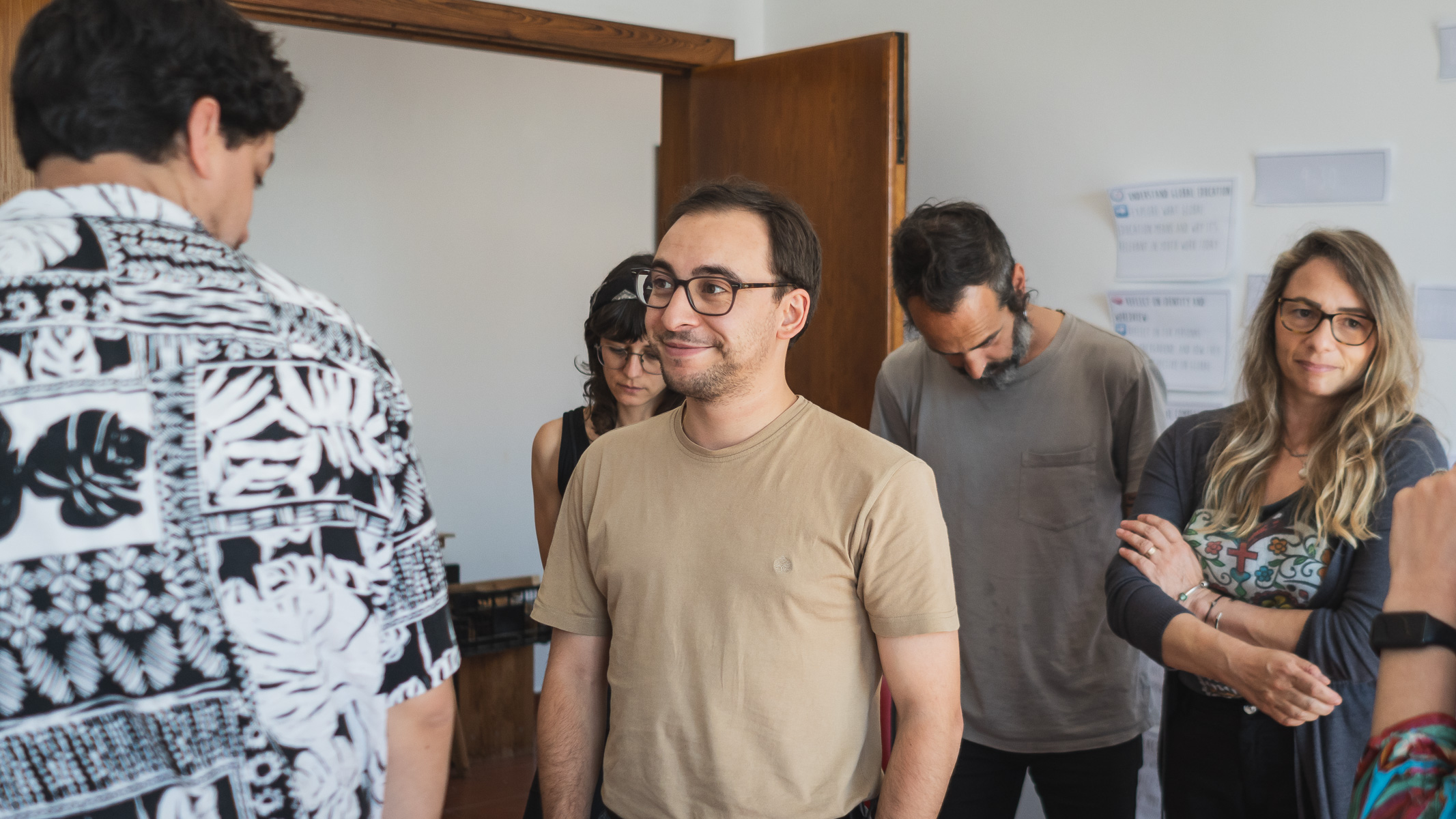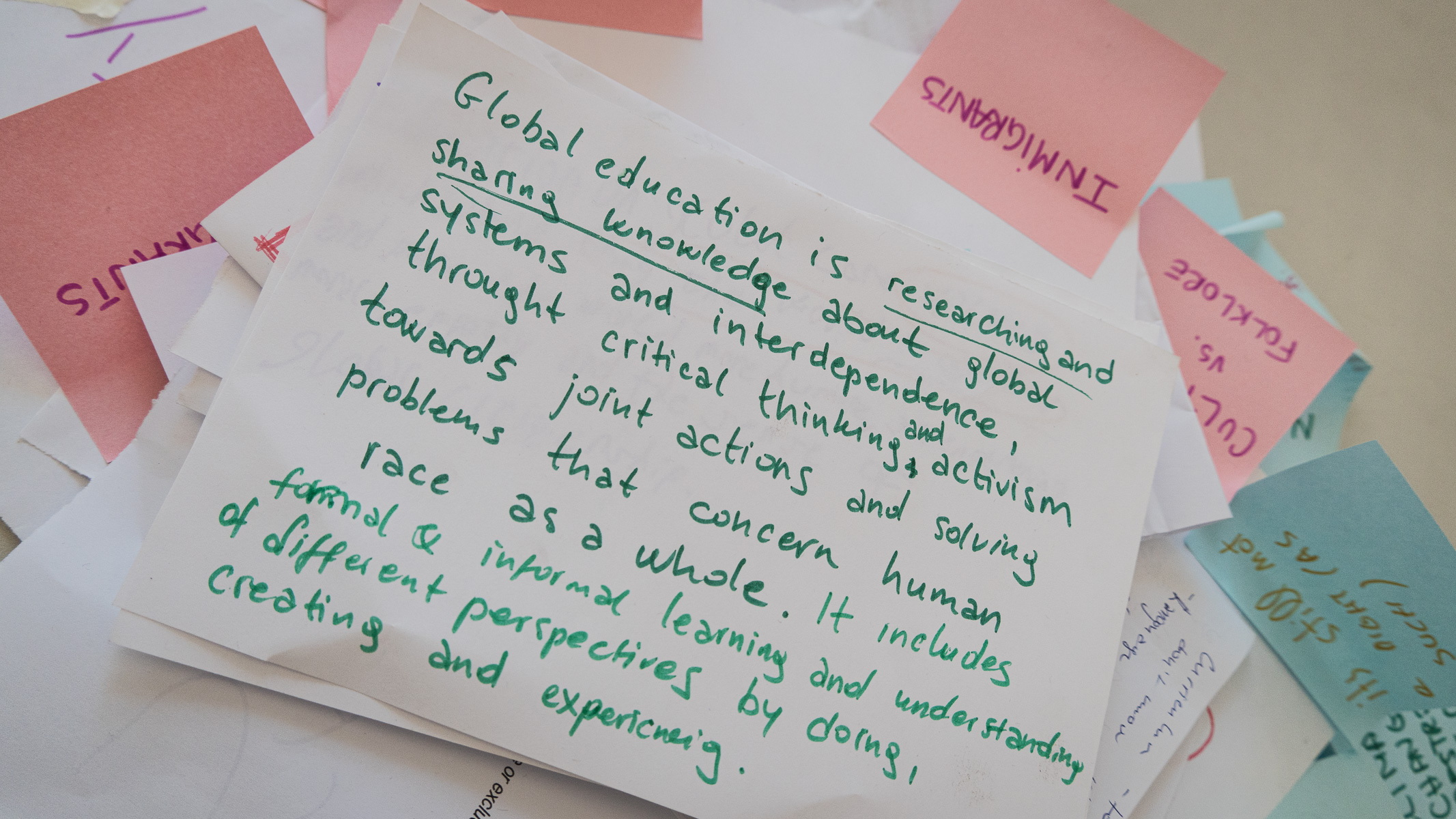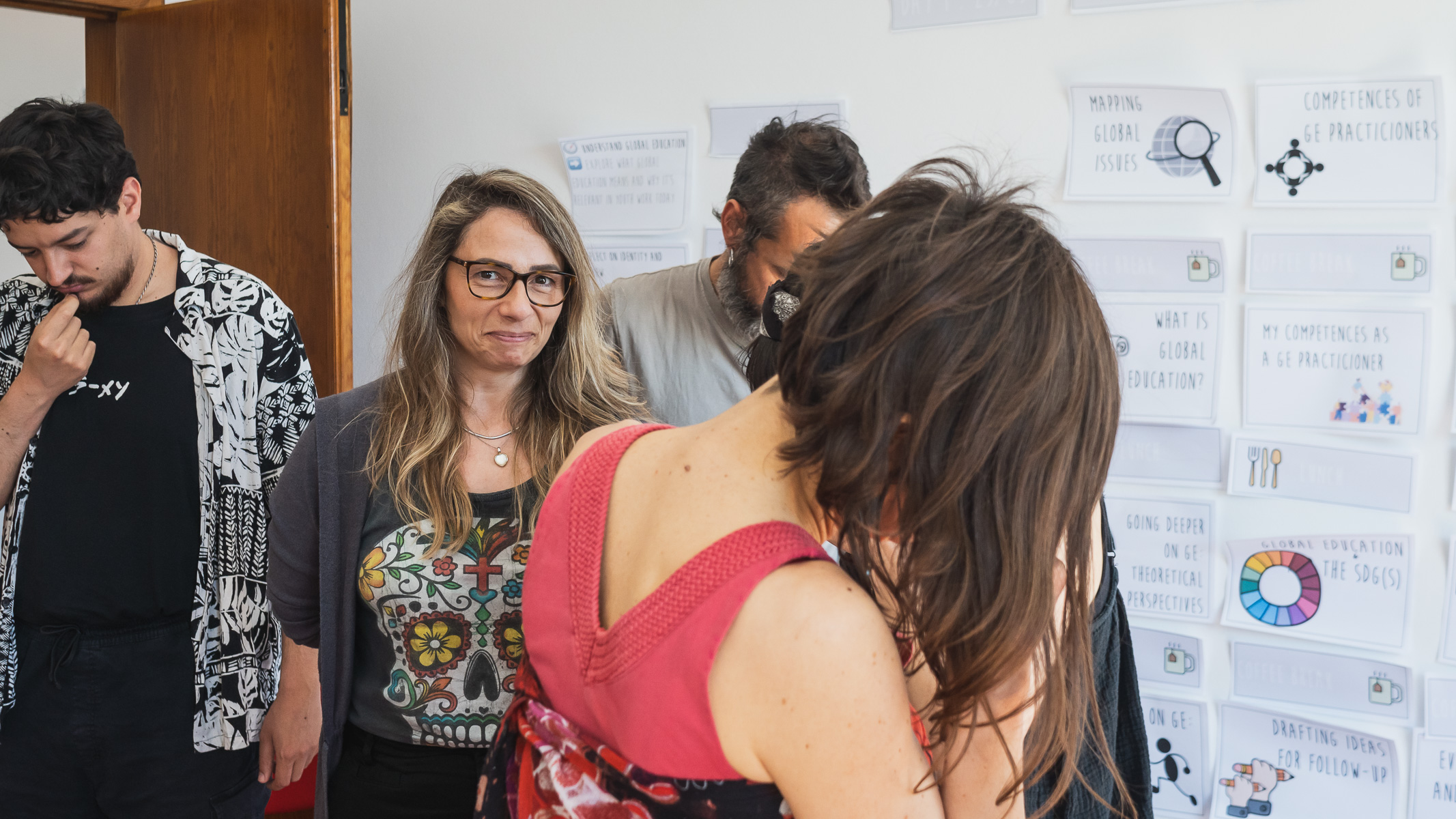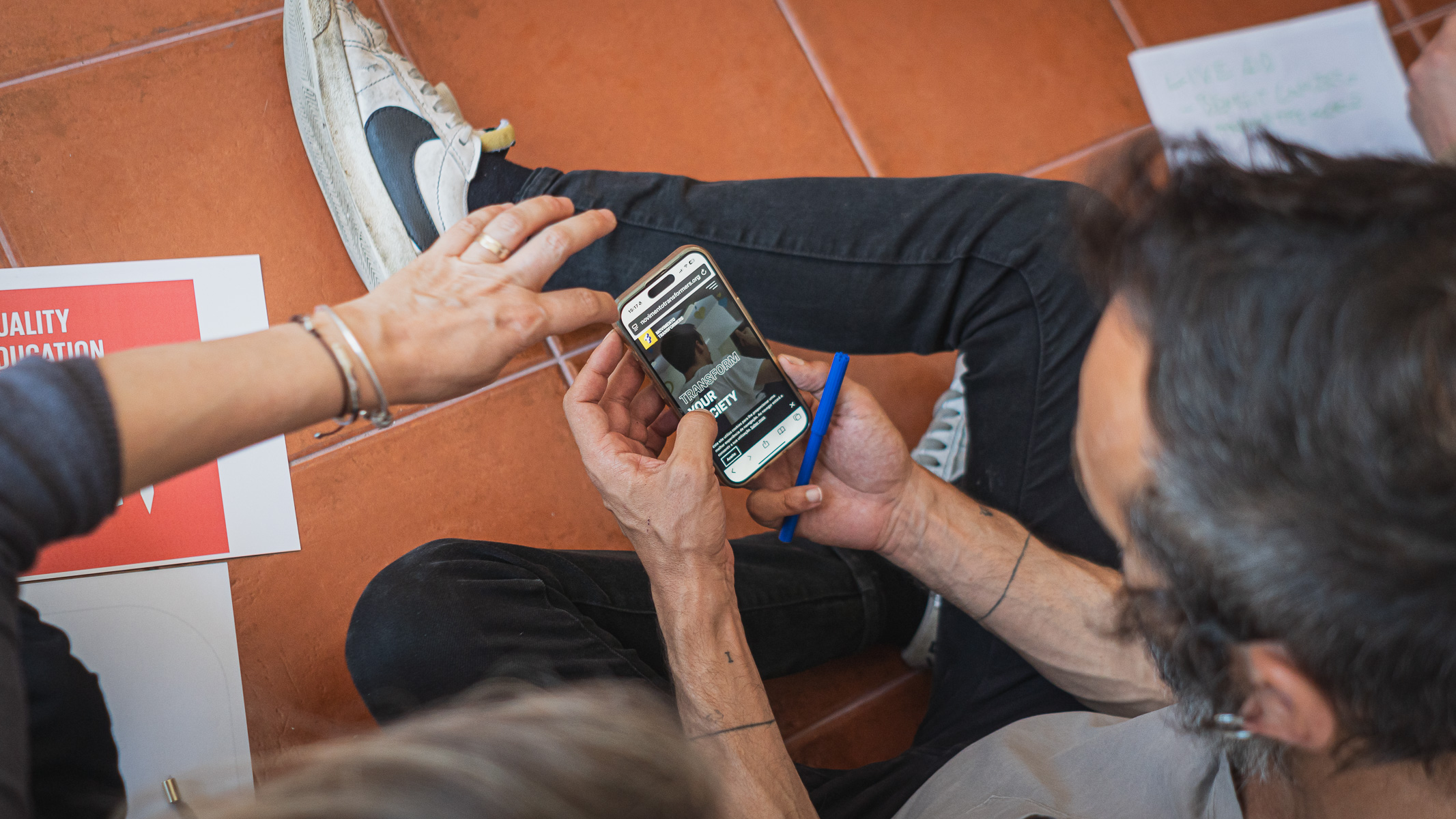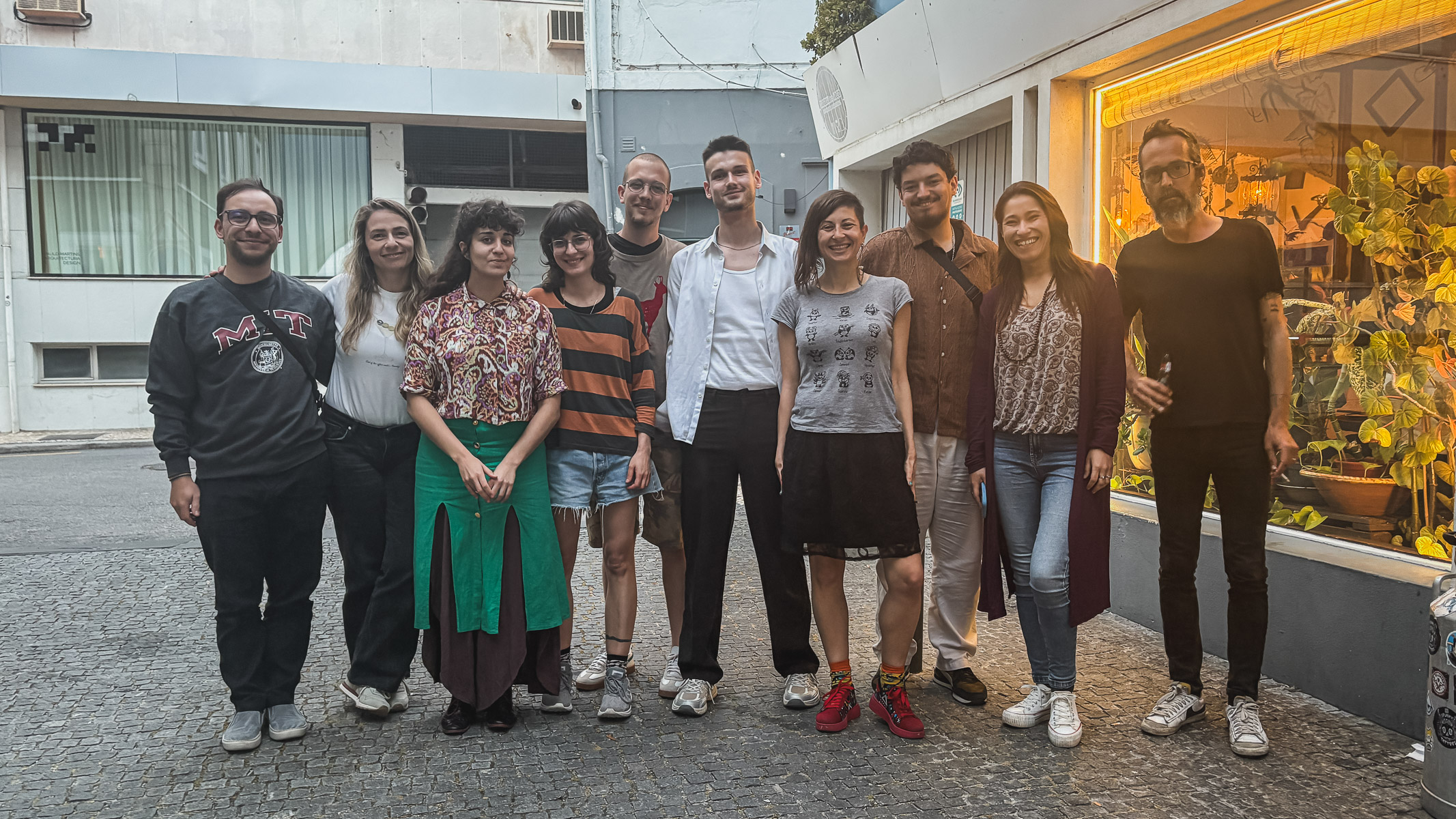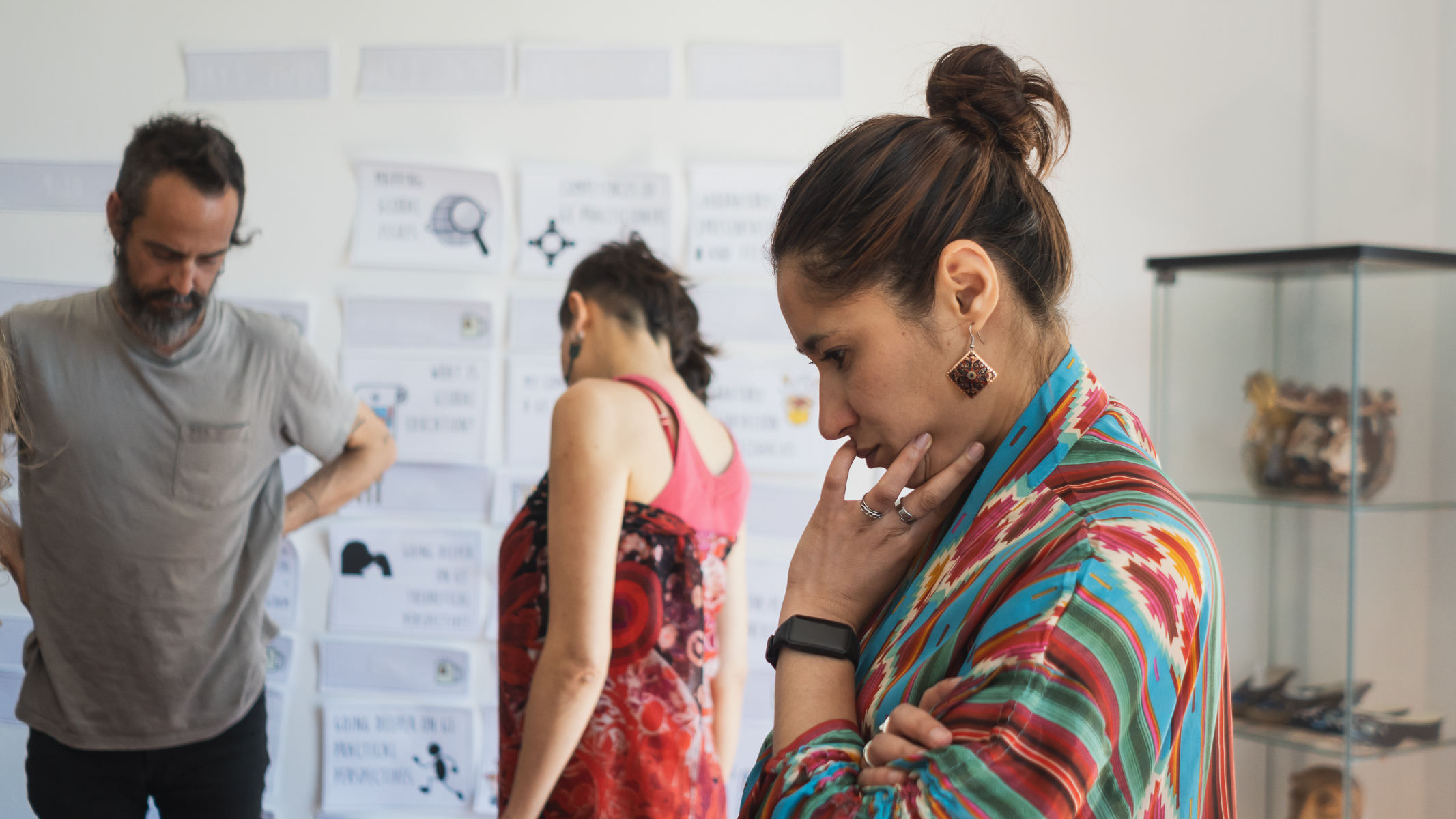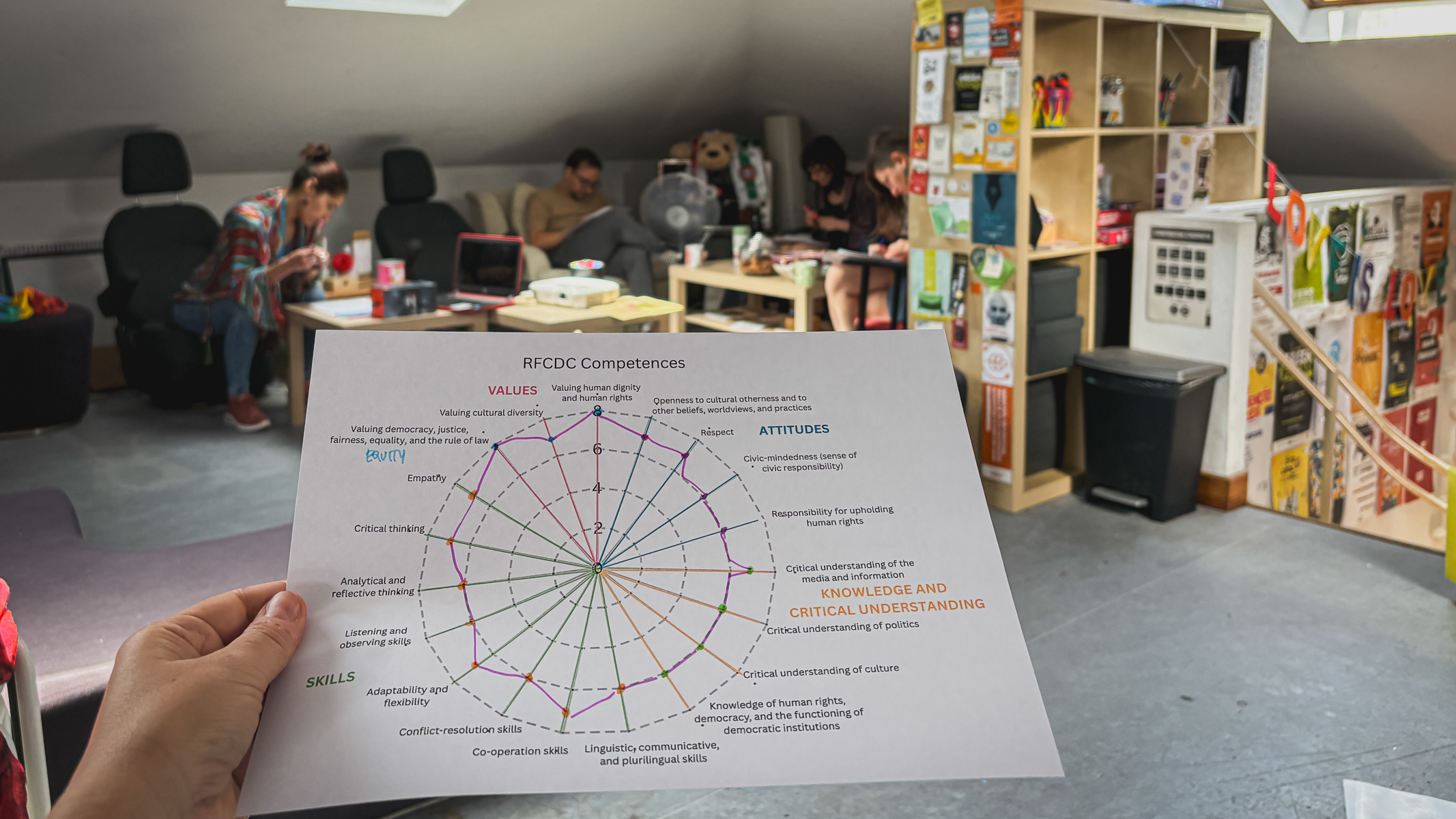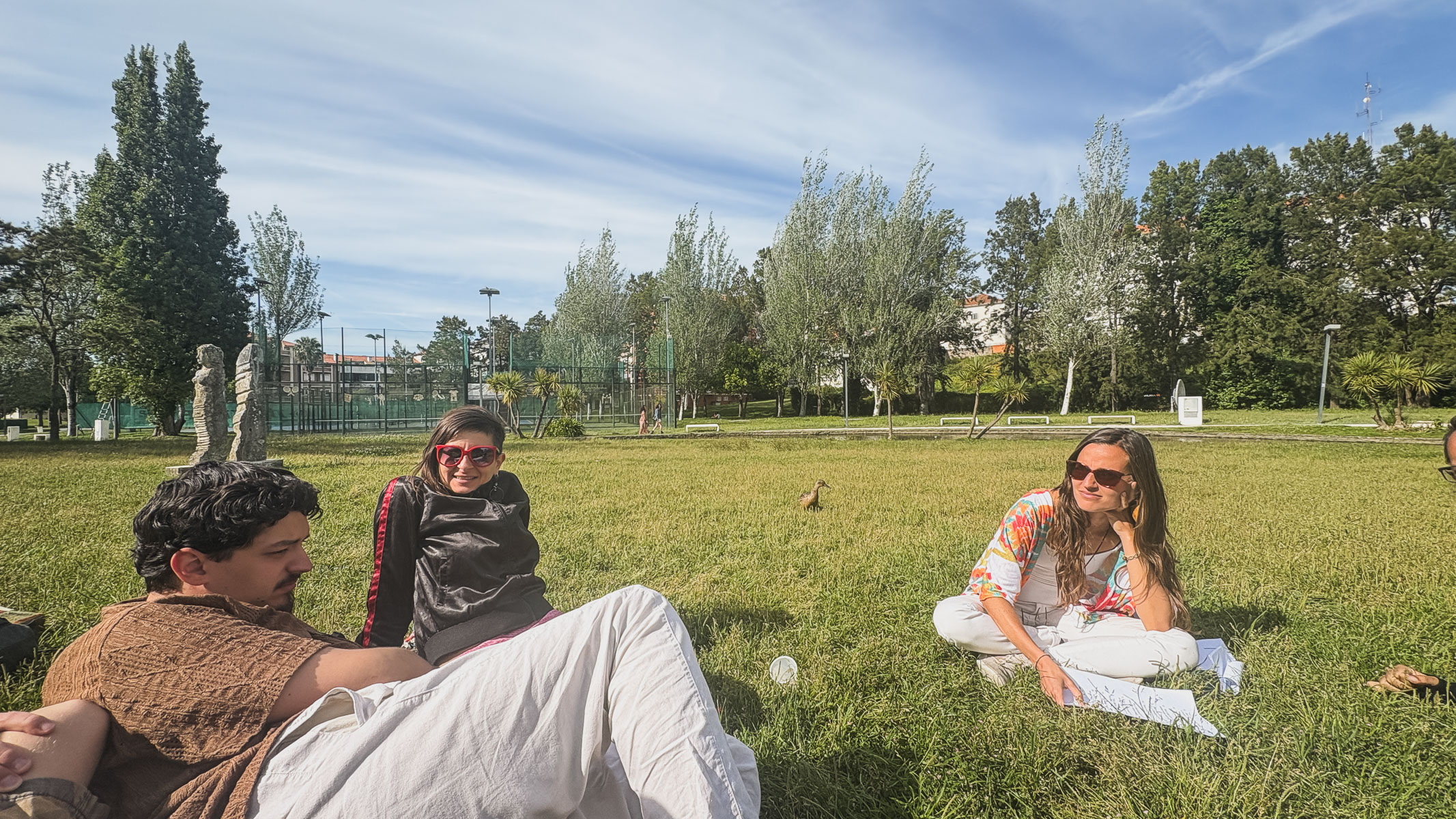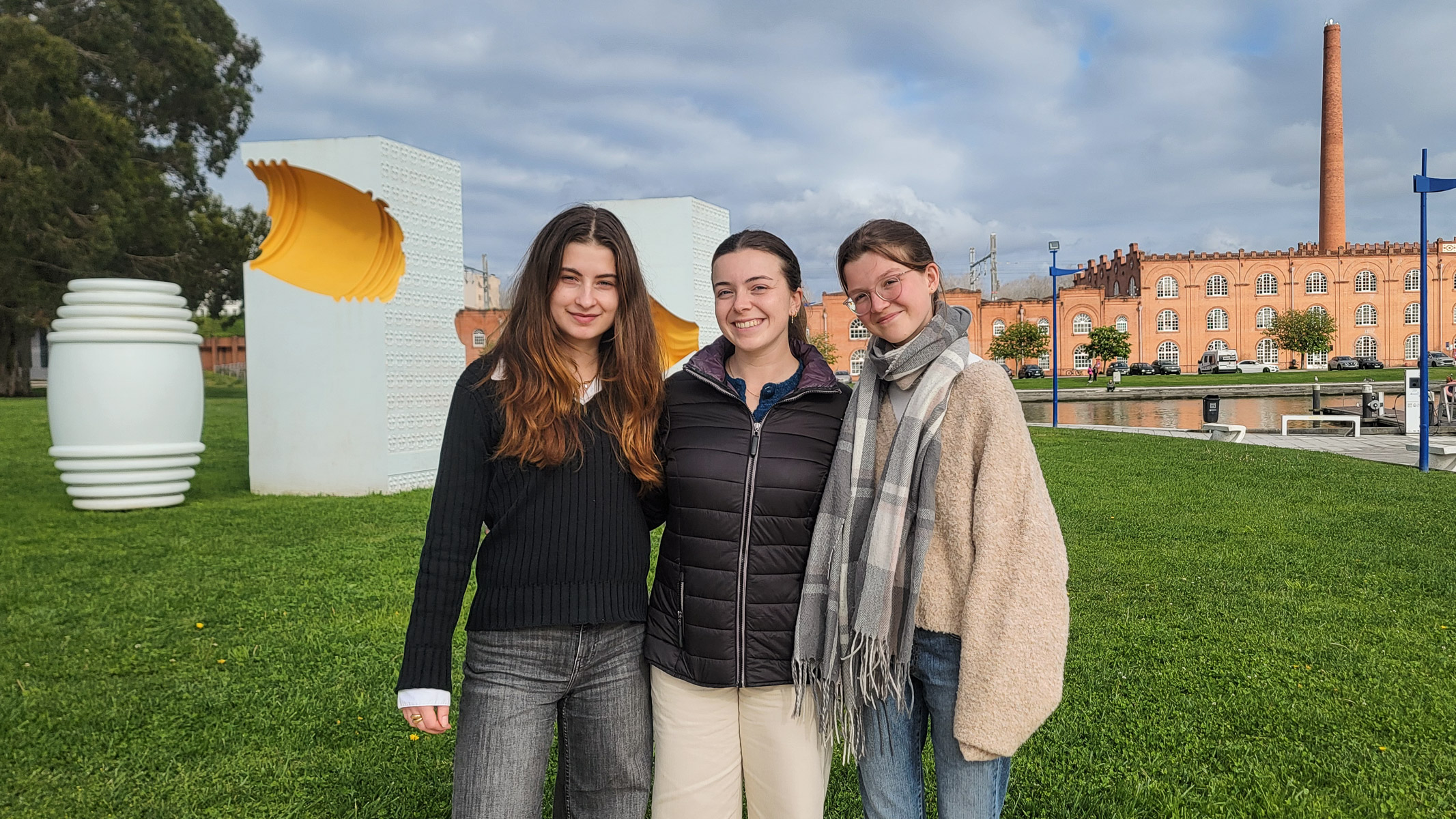Global Education in Action
The second international mobility of our project “Acting for Democracy” brought together several youth workers in Aveiro, during the last week of May. Once again, we addressed essential topics for today, with a focus on the importance of global citizenship.
Estimated reading time: 2 minutes and 44 seconds
© Nataša Gološin, Tamy Rodrigues, Helder Berenguer
This week, Agora Aveiro hosted the second international mobility, a Training Course, of the Erasmus+ project Acting for Democracy: Defending European Values with Theatre and Activism. Over four energetic, reflective, and collaborative days, eight youth workers - four from CEKOM, from Serbia, and four from Portugal – gathered in Aveiro to explore the concept of Global Education and its role in building fairer, more inclusive, and more sustainable societies.
This training followed the first mobility of the project, which also took place in Aveiro, in February, in the form of a study visit focused on the European Union and democratic institutions. This time, we delved deeper into the theme: while the first meeting focused on youth participation and democratic engagement, this new stage launched us into a broader reflection on the world and our role in it as citizens and educators.
Through interactive workshops, simulations, creative challenges, and group discussions, we delved into topics such as global citizenship, critical thinking, systems thinking, and problem-solving. We explored the connections between the local and the global, questioned simplistic narratives, and reflected on the complexity of global issues affecting our daily lives, from climate justice and migration to inequality and disinformation.
The sessions were designed not only to convey knowledge but to spark awareness and action. What does it mean to act as a global citizen? How can we challenge the status quo in our daily lives and our work with young people? What skills do we need to navigate a world in crisis and still contribute to change? These were some of the questions raised – and partially answered – during the dynamic learning process, based on the principles of non-formal education and led by trainer Tamy Rodrigues.
The training was also a space for co-creation. In non-formal education, one does not only learn from the facilitator, but from each other. For some participants, this was the first time they had heard of certain concepts and tools. But by the end of the four days, these very ideas had already become part of their vocabulary and the way they think about their role in the world.
The atmosphere was intense but incredibly rewarding: days full of learning, debates, laughter, and honest sharing, even when opinions diverged. New friendships were formed, new questions arose, and a true spirit of shared purpose was felt. The diversity of perspectives between the Portuguese and Serbian participants was not an obstacle, but a richness. It helped us better understand how democracy is lived in different contexts and how Global Education can serve as a bridge between such distinct realities.
In the end, the participants did not only take away tools and knowledge; they left with renewed motivation to continue taking action, both locally and globally, for a better world. This training was not just “one more”. It was a reminder that, when done well, education empowers. And that youth workers, when given space and trust, are already changing the world, step by step.
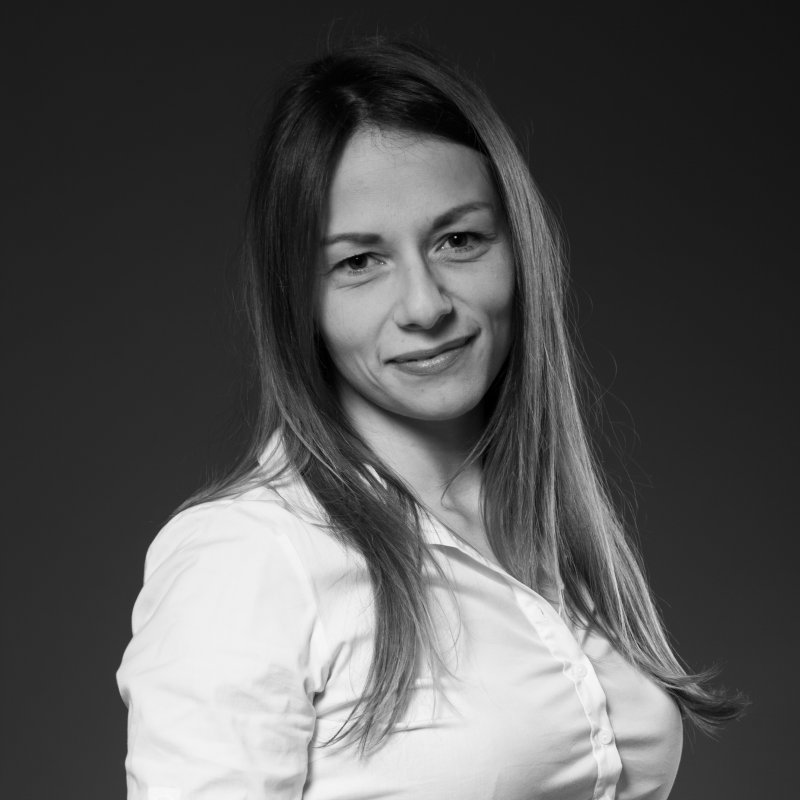
Nataša Gološin

